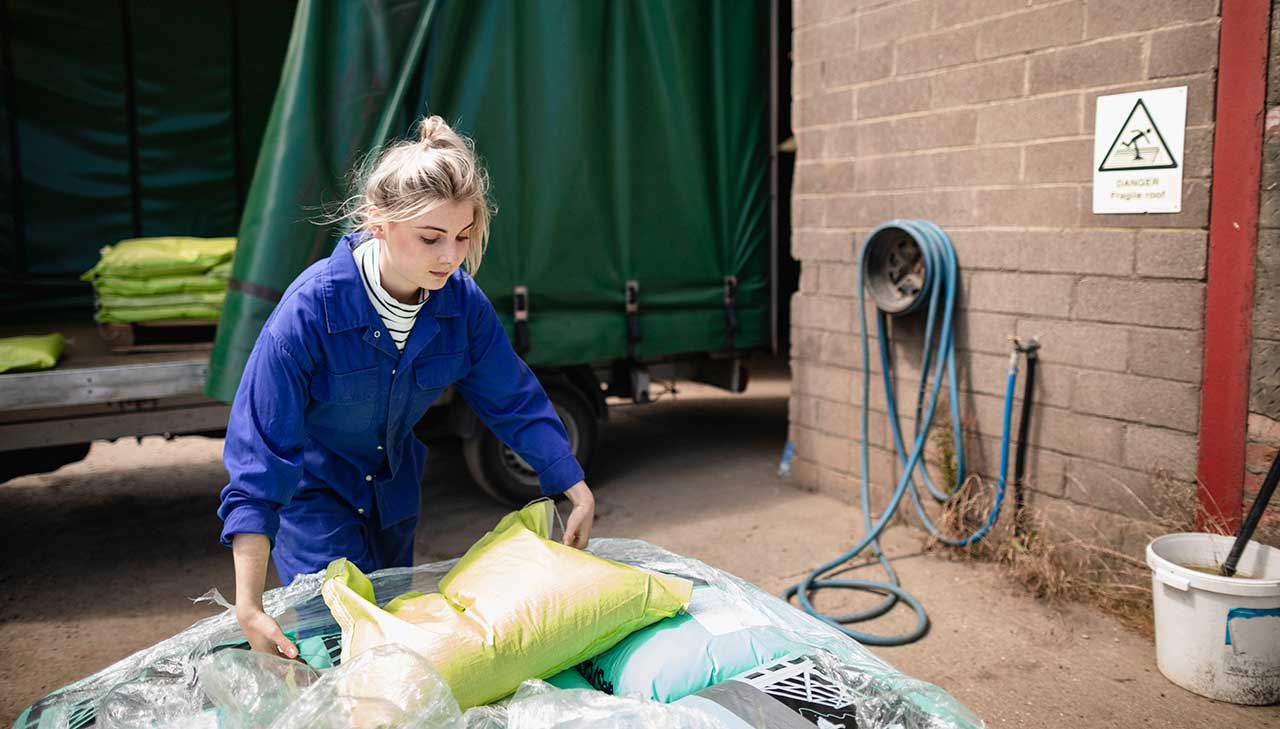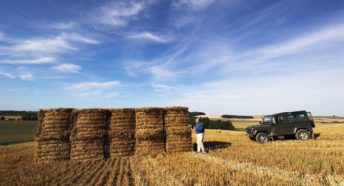Public land for public good: why we need to reimagine our council farms
Coronavirus has taught us the need for a resilient food supply – and the 2020 Agriculture Bill has an opportunity to ensure this by endorsing council-owned farms.
The pandemic has taught us a lot. It’s made it clear, for example, that our food supply is a lot more fragile than many of us thought. Think of all those queues outside shops, fractured supply chains, empty shelves and vulnerable people going hungry. Our eyes are opened: our food system needs an overhaul. We believe that publicly owned land, and especially council farms, hold massive untapped potential that must be harnessed through the 2020 Agriculture Bill in order to tackle the grave challenges facing farming and our food system today.
Farms for the future
At CPRE, we’ve long argued that we urgently need more variety in the ways that we farm, manage land and supply food. It’s the only way that we can drive environmental and financial resilience. Now more than ever, farming faces many challenges: the climate crisis, radical changes in funding models and uncertain market conditions. If it wasn’t clear before the pandemic, it certainly should be now: there can be no return to business as usual.
The question of how we might make use of public land hasn’t been discussed enough during the years of debates around agricultural policy. We believe that this question can provide a fresh perspective on how to face this challenging future head-on. Indeed, we think that public- and institutional-owned land, such as The Crown Estate, the Church Commissioners, the MOD and the Duchy of Cornwall have been overlooked for too long.
The potential of a new Agriculture Bill
The Agriculture Bill provides a once in a generation opportunity to better harness the potential of this land, starting with council-owned council farms. Done right, council farms could become the gold standard for how all land, whether public or private, should be managed – in partnership with nature and in step with other natural solutions that soak in the carbon emissions that are driving the climate emergency.
But this will need a change. Right now, our council farms are struggling. CPRE research in 2019 revealed that half of all council-owned farms across England have closed over the past 40 years. They are diminished, but not diminutive – the remaining council farmland still totals nearly 250,000 acres across England and Wales, equivalent to an area over half the size of Greater London. The question is – are we making best use of this land to tackle the mounting challenges faced by farming?
What we’re doing
To understand the opportunities of council farms, we’re working with the New Economics Foundation and Shared Assets to explore the potential of council farms to help councils meet their communities’ needs. We hope to encourage councils to invest – using new funding from the UK government – in a wider, deeper vision for their estates for the long term and to end their hasty sell-off.
As the Agriculture Bill makes its way through Parliament and into the House of Lords, we’ve tabled an amendment to put limits on the disposal of council farms and call on councils to develop new plans and purposes for their farm estates. If adopted, it would create more chances for new people to get into the sector, drive better education and innovation in environmentally sustainable farming and give local communities better public access to nature and the countryside owned and farmed in their name.
To us, the potential of these community assets is clear. Council farms and public land are essential resources and shouldn’t be sold to the highest bidder. Ultimately, if we’re to tackle the climate crisis and secure our food supply we must hold onto and invest in them – for all of our futures.
A version of this article was first published in Farming News on 27 May 2020.






 3 min read
3 min read 



